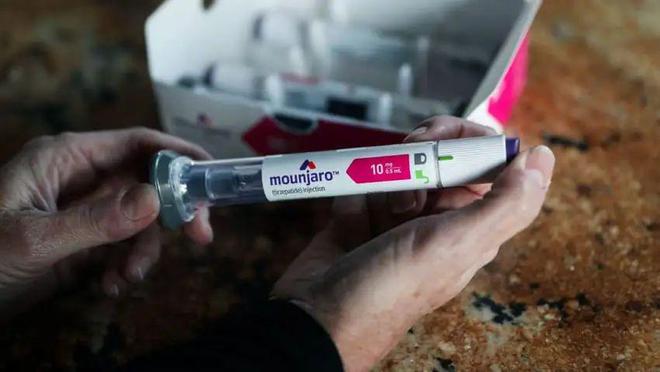3. Efficacy and safety
Tirzepatide has shown significant efficacy in clinical trials. It can help patients achieve better glycemic control, reduce insulin resistance, lose weight, and improve cardiovascular risk factors. Tirzepatide has a relatively low side effect profile compared to other similar medications, but may still cause some common adverse reactions. 1. Gastrointestinal Reactions: Common adverse reactions to Tirzepatide include nausea, vomiting, diarrhea, and dyspepsia. Most of these reactions are mild and gradually decrease with treatment.2. Hypoglycemia: Hypoglycemia sometimes occurs when using Tirzepatide. Hypoglycemia is often manifested by symptoms such as dizziness, sweating, palpitations, increased appetite, and difficulty concentrating. If hypoglycemia occurs, it should be treated immediately with appropriate amounts of carbohydrates or as recommended by your doctor.3. Other Adverse Reactions: A small number of people may experience pain, redness, swelling, or skin reactions at the injection site. Rare adverse reactions may include pancreatitis, kidney injury, and cardiovascular events. Report any unusual symptoms or discomfort to your doctor.
Overall, Tirzepatide is an effective, convenient and relatively safe medication for the treatment of type 2 diabetes. It not only helps patients control their blood sugar levels, but also reduces weight and improves cardiovascular risk factors. Before using Tirzepatide, you should consult your doctor for advice and ensure that you know the correct usage and dosage. Its efficacy can only be maximized and potential risks reduced if it is used appropriately under the guidance of a doctor.


Muchas gracias. ?Como puedo iniciar sesion?
Hola, muchas gracias por tus comentarios, envíame un mensaje directamente por WhatsApp.